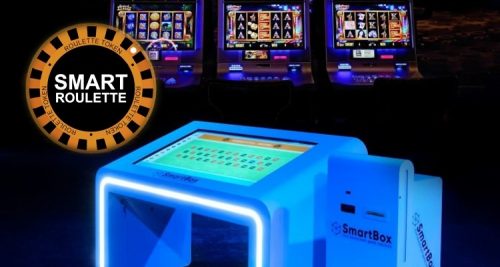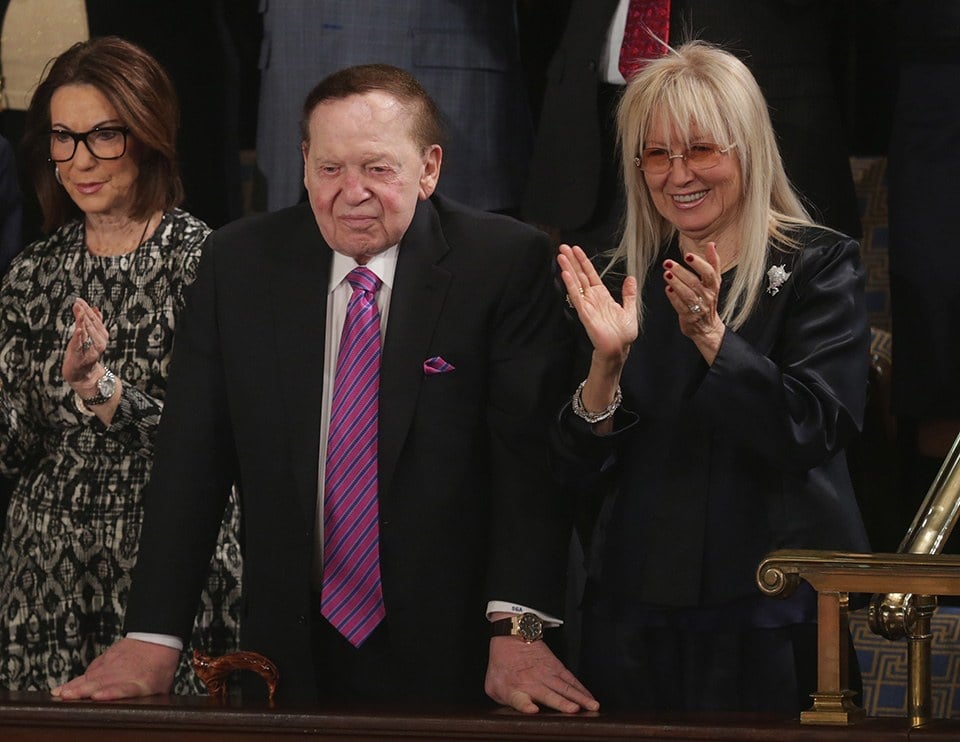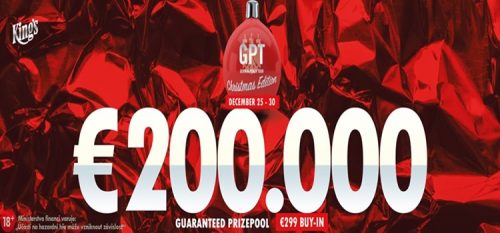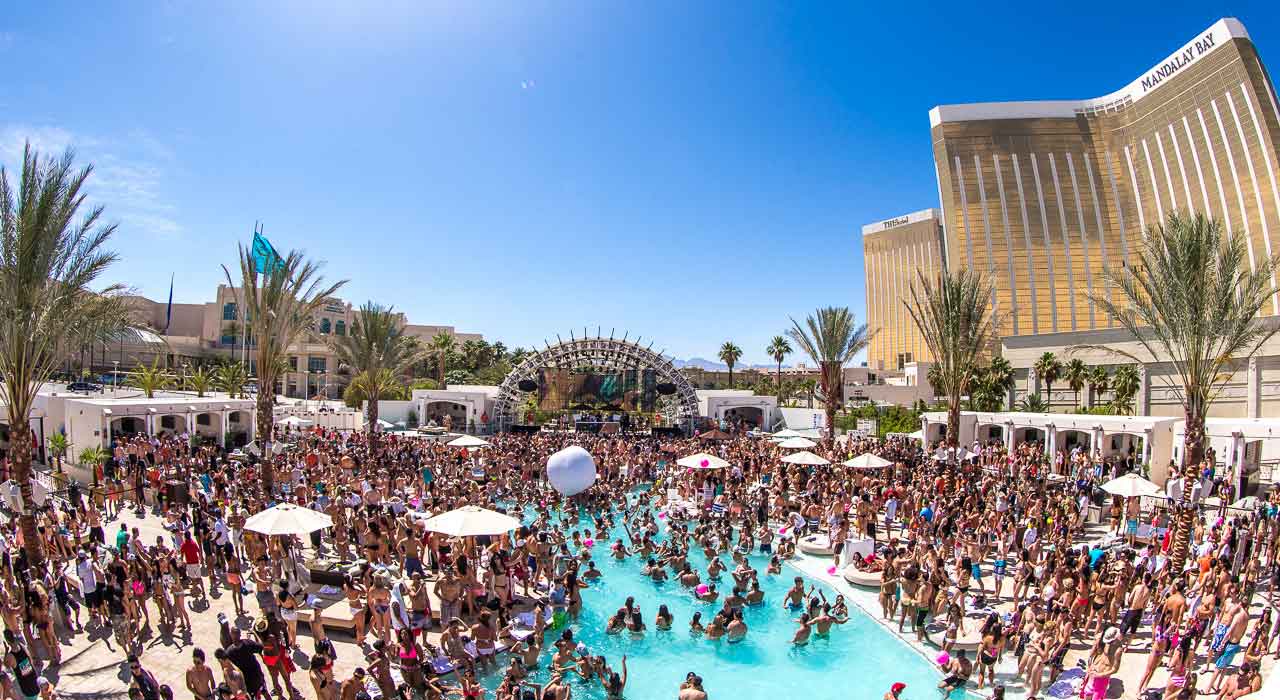Much to the delight of Las Vegas football fans and city officials, the Oakland Raiders became the second major professional sports team to decide to make the eventual move to southern Nevada this year.

Raiders owner Mark Davis initially relied on the funding of Las Vegas Sands founder Sheldon Adelson to bring his team to the city but had to find other financing when the casino magnate pulled out of the deal. (Image: Twitter)
The NFL team joined the NHL’s Vegas Golden Knights in Southern Nevada, though its road to the Strip was a lot bumpier than the one the hockey organization had to navigate.
The idea of leaving the Bay Area came as early as 2009 as the team was trying to get a new stadium built but was having little success. Two years later Al Davis died and his son Mark took control of the team.
He had no more luck getting Oakland to build a facility than his father did and in 2013 when the lease expired he started exploring alternatives to the Oakland Coliseum. Several possibilities and rumors started popping up periodically and included everything from sharing Levi Stadium with the San Francisco 49ers to being courted by San Antonio.
Vegas Makes its CaseIn 2015 the Raiders plan to return to the Los Angeles market fell through when the NFL rejected their relocation request. The Rams and the Chargers were picked to come to the Southern California market.
The whispers of the Raiders having interest in Sin City got louder and then became deafening when Davis met with Las Vegas Sands Owner Sheldon Adelson in January 2016 about getting his financial backing for a new 65,000 seat stadium. The casino magnate agreed and said he would put up $150 million of the then proposed $1.4 billion cost. He later increased that amount to $650 million. Davis would provide $500 million from a Goldman Sachs loan and a hotel tax would fund the rest.
Slowly owners of other NFL organizations began to warm to the idea of a football team in a town that offered sportsbetting. Jerry Jones, Robert Kraft, and Stan Kroenke, owners of the Cowboys, Patriots, and the now-Los Angeles Rams, all publicly declared their support for the Raiders move from Oakland.
One person who didn’t like the idea was NFL Commissioner Roger Goodell. He was a staunch opponent of sportsbetting and sternly voiced his opposition to the plan.
Setback, Then SuccessBy January of 2017 it looked like Goodell might get his wish. Adelson pulled out of the project taking his pledge of $650 million with him. Goldman Sachs then announced they were pulling its financing for Davis’ $500 million. Suddenly Davis was without more than half of the funds for the now budgeted $1.9 billion stadium and the deal was in danger of falling apart.
It took two months but Davis found another backer, getting Bank of America to pony up Adelson’s share and his loan at the beginning of March. The only detail left was approval by the owners. That happened three weeks later at the owners meeting in Phoenix as they voted 31-1 in favor of the move with only Miami Dolphins owner Stephen M. Ross dissenting.
The Raiders would move to Las Vegas for the 2020 season and Davis was exuberant after the decision.
“My father used to say that the greatness of the Raiders was in its future,” Davis said. “The opportunity to build a world-class stadium in the entertainment capital of the world will give us the opportunity to achieve that greatness.”
The post Las Vegas Hits NFL Jackpot in 2017 with Oakland Raiders Decision to Relocate appeared first on Casino.org.




 Professional poker is a tough field and it requires a great amount of diverse qualities and skills for one to establish themselves as a big name. The three players below have each established themselves as members of poker’s elite. However, they had felt forced for one reason or another to withdraw from the limelight. And 2017 turned out to be the year of their comeback or the year they have indicated that we could anticipate their comeback in near future.
Professional poker is a tough field and it requires a great amount of diverse qualities and skills for one to establish themselves as a big name. The three players below have each established themselves as members of poker’s elite. However, they had felt forced for one reason or another to withdraw from the limelight. And 2017 turned out to be the year of their comeback or the year they have indicated that we could anticipate their comeback in near future. Chris Ferguson has been praised by many for his qualities and skills of a poker player. However, he has drawn an equal amount of negativism towards himself due to his alleged involvement in the 2011 Full Tilt Poker Ponzi scheme scandal.
Chris Ferguson has been praised by many for his qualities and skills of a poker player. However, he has drawn an equal amount of negativism towards himself due to his alleged involvement in the 2011 Full Tilt Poker Ponzi scheme scandal.  After building a terrific poker career and reputation as one of the world’s most skillful poker professionals, Gus Hansen disappeared from the public eye and from the poker stage. Losing millions of dollars at the online tables of PokerStars and Full Tilt, the player made a life-changing decision to move away from poker, at least for a while and channel his attention to something completely different.
After building a terrific poker career and reputation as one of the world’s most skillful poker professionals, Gus Hansen disappeared from the public eye and from the poker stage. Losing millions of dollars at the online tables of PokerStars and Full Tilt, the player made a life-changing decision to move away from poker, at least for a while and channel his attention to something completely different.  Ivey has had quite a rough time off the felt over the past several years. The player is being sued by Atlantic City’s Borgata and failed in his attempt to sue London’s Crockfords Casino over its refusal to pay him out £7.7 million in baccarat winnings from 2012. Both lawsuits were related to his use of the controversial edge-sorting technique while playing baccarat at the two gambling venues with his companion player Cheung Yin Sun.
Ivey has had quite a rough time off the felt over the past several years. The player is being sued by Atlantic City’s Borgata and failed in his attempt to sue London’s Crockfords Casino over its refusal to pay him out £7.7 million in baccarat winnings from 2012. Both lawsuits were related to his use of the controversial edge-sorting technique while playing baccarat at the two gambling venues with his companion player Cheung Yin Sun. 

 Building wealth is hard. Keeping and increasing that wealth is even harder. It requires deployment of smart strategies and risk-taking. The five people below have apparently found the recipe for building wealth. What is more, they have managed to overcome the challenges of being born into poverty and to create something better for themselves and for many others.
Building wealth is hard. Keeping and increasing that wealth is even harder. It requires deployment of smart strategies and risk-taking. The five people below have apparently found the recipe for building wealth. What is more, they have managed to overcome the challenges of being born into poverty and to create something better for themselves and for many others. 





 After unwrapping their Christmas presents and emptying their Christmas socks, many would likely feel tempted to head to a nearby or not so nearby casino for some holiday edition poker action. If there are such avid poker players among our readers, we at Casino News Daily have compiled a list of some of the poker events that will take place in the week after Christmas and before New Year. Here is a little bit more information about these.
After unwrapping their Christmas presents and emptying their Christmas socks, many would likely feel tempted to head to a nearby or not so nearby casino for some holiday edition poker action. If there are such avid poker players among our readers, we at Casino News Daily have compiled a list of some of the poker events that will take place in the week after Christmas and before New Year. Here is a little bit more information about these.  The Borgata Casino, one of the casinos gracing the emblematic Atlantic City Boardwalk, will welcome players between December 26 and December 29 to celebrate Christmas with them and to offer them the chance to take part in four No-Limit Hold’em tournaments.
The Borgata Casino, one of the casinos gracing the emblematic Atlantic City Boardwalk, will welcome players between December 26 and December 29 to celebrate Christmas with them and to offer them the chance to take part in four No-Limit Hold’em tournaments.  Seminole Hard Rock Hotel and Casino in Hollywood, Florida, known to be a popular poker destination, will host an exciting festival in sunny Florida in the days between December 26 and December 30. Players will be able to enter six different tournaments, with those featuring different structures.
Seminole Hard Rock Hotel and Casino in Hollywood, Florida, known to be a popular poker destination, will host an exciting festival in sunny Florida in the days between December 26 and December 30. Players will be able to enter six different tournaments, with those featuring different structures.  Holland Casino in the Dutch city of Breda will welcome players from here and there for a nice post-Christmas and pre-New Year festival. Dutch Open Poker Series action at the hosting gambling venue is set to begin on December 27 and to last all the way through December 30. As many as six tournaments are scheduled to take place within the series’ Breda stop.
Holland Casino in the Dutch city of Breda will welcome players from here and there for a nice post-Christmas and pre-New Year festival. Dutch Open Poker Series action at the hosting gambling venue is set to begin on December 27 and to last all the way through December 30. As many as six tournaments are scheduled to take place within the series’ Breda stop.  The Christmas Edition of the German Poker Tour is set to take place on December 25-30 at King’s Casino Rozvadov. The festival will feature five tournaments and several satellites to the Main Event. The German Poker Tour will kick off with the €115 Christmas Deepstack with a guaranteed prize pool of €20,000.
The Christmas Edition of the German Poker Tour is set to take place on December 25-30 at King’s Casino Rozvadov. The festival will feature five tournaments and several satellites to the Main Event. The German Poker Tour will kick off with the €115 Christmas Deepstack with a guaranteed prize pool of €20,000. 

 With online cash game poker being in a state of decline for years, it was last summer when the regulators of four European segregated markets decided that something should be done, and done quickly. The French gambling regulator ARJEL initiated year-long discussions with its counterparts from Italy, Spain, and Portugal, which discussions produced the shared online poker liquidity agreement this summer.
With online cash game poker being in a state of decline for years, it was last summer when the regulators of four European segregated markets decided that something should be done, and done quickly. The French gambling regulator ARJEL initiated year-long discussions with its counterparts from Italy, Spain, and Portugal, which discussions produced the shared online poker liquidity agreement this summer.  The country completed the necessary step of
The country completed the necessary step of  In early February, PokerStars announced that it would
In early February, PokerStars announced that it would  The online gambling regulators of the four participating countries signed the shared liquidity agreement at a special meeting in Rome, Italy on
The online gambling regulators of the four participating countries signed the shared liquidity agreement at a special meeting in Rome, Italy on  It was originally expected that Italy’s gambling regulator Agenzia delle dogane e dei Monopoli would
It was originally expected that Italy’s gambling regulator Agenzia delle dogane e dei Monopoli would  Casino News Daily, along with other news outlets, reported in October that the shared liquidity scheme had
Casino News Daily, along with other news outlets, reported in October that the shared liquidity scheme had  Earlier this month,
Earlier this month,

 A year of big changes may be coming for Atlantic City and New Jersey’s gambling industry. In the first place, Atlantic City, once the only casino gaming hub on the US East Coast, will see the re-opening of at least one previously closed casino. This is hoped and expected to boost the city’s casino industry after a streak of unpleasant events from the past several years.
A year of big changes may be coming for Atlantic City and New Jersey’s gambling industry. In the first place, Atlantic City, once the only casino gaming hub on the US East Coast, will see the re-opening of at least one previously closed casino. This is hoped and expected to boost the city’s casino industry after a streak of unpleasant events from the past several years.  It can be said that Atlantic City has improved significantly since five of its twelve casinos closed doors between 2014 and 2016. What is more, there has been growing investment interest in the city and its casino industry.
It can be said that Atlantic City has improved significantly since five of its twelve casinos closed doors between 2014 and 2016. What is more, there has been growing investment interest in the city and its casino industry.  The US Supreme Court held its first hearing on the sports betting case earlier this month. While a decision may be up to half a year from being made, supporters of the legalization of sports betting saw indications of support from the nation’s highest ranking court and are optimistic about a positive outcome.
The US Supreme Court held its first hearing on the sports betting case earlier this month. While a decision may be up to half a year from being made, supporters of the legalization of sports betting saw indications of support from the nation’s highest ranking court and are optimistic about a positive outcome.